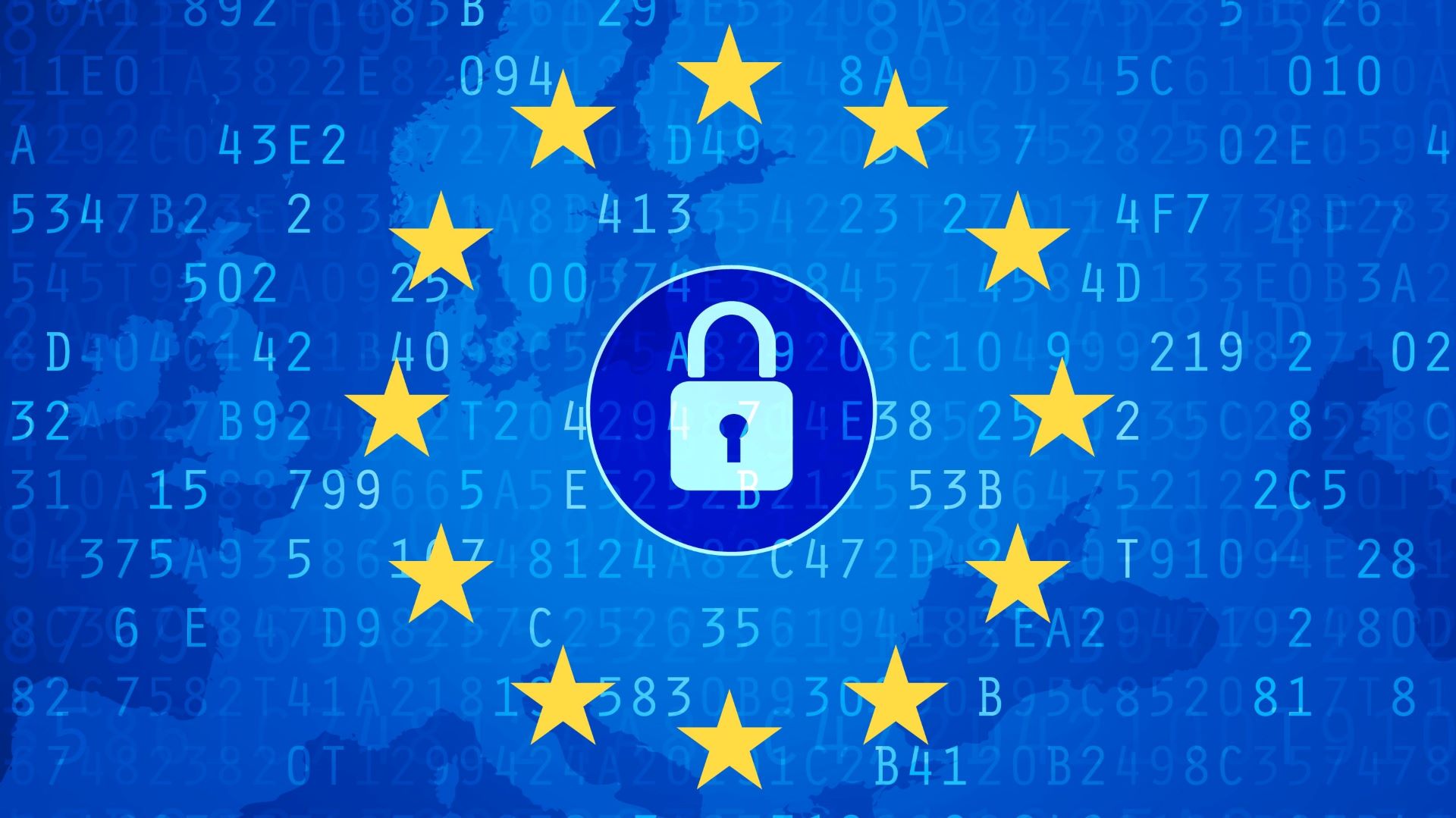- Germany and Luxembourg have joined the list of countries that oppose the controversial draft law of child sexual abuse (CSAM) on the eve of the crucial meeting of September 12
- The members of the EU council share their final position on the Danish proposal on September 12
- Experts are still concerned about the negative impact that the bill will have on the privacy and security of citizens’ communications
Germany and Luxembourg have joined the list of countries that oppose the controversial draft scan of the child sexual abuse (CSAM) on the eve of the crucial meeting of September 12.
According to the latest data, eight countries are now opposed to what has been nicknamed chat control. Beyond Germany and Luxembourg, these are Austria, Belgium, the Czech Republic, Finland, the Netherlands and Poland.
However, fifteen EU members are already publicly supporting the bill, with only four countries still undecided at the time of writing (Estonia, Greece, Romania and Slovenia), according to the latest data.
The Danish proposal presents new obligations for all messaging services operating in Europe to scan user chats, even if they are encrypted, in the search for known and unknown CSAM material. A measure that has attracted strong criticism between political ranks and the technological industry equally.
Crucially, the mandatory scan is expected to occur directly on the device before the messages are encrypted, point to shared URLs, images and videos. Only governments and military accounts are excluded from the scope of the bill.
EU members share their final positions on the Board on Friday, September 12, and another meeting with the EU Minister of Justice was also scheduled for October 14.
“Opposite to rupture encryption”

“The BMI [German Federal Ministry of the Interior] The representative explained that they could not completely support the Danish position. They opposed, for example, to break the encryption, “reads an announcement of German Bundestag.
Encryption is the technology responsible for fighting our online communications in an illegible form to avoid unauthorized access.
Messaging applications encrypted such as Signal or WhatsApp, insurance email suppliers such as Proton Mail and the best VPN services depend on end -to -end encryption to ensure that our communications remain private between the sender and the receiver: from extreme to extreme.
While the police believe that this protection is an obstacle during investigation, digital rights experts, cryptographers and technologists continue to warn that a back door could lead to mass surveillance, while creating security vulnerabilities that even criminals and hostile governments could exploit.
However, it has been thought that Germany is the decisive factor, which made Chat Control critics worry for a long time. The previous government was in fact very pro-conflict, seeking to make the encryption a legal right at home, while strongly opposing mandatory scan in the block.
However, the new administration has been “giving very mixed messages,” the director of Affairs and Defense of the Government of the Internet Society, Callum Voge, told Techradar.
Until now, at least. Germany that moved to opposition ranges could seriously influence the vote, which means that the possibilities that the Danish proposals passing will become thinner.
German encrypted email service, Tuta Mail, which is said to be ready to sue the EU for chat control, especially welcome the German decision.
The CEO of Tuta Mail, Matthias Pfau, said: “Protecting private communication is essential to safeguard democracy, freedom of expression and security of all citizens. We are excited to see that politicians begin to understand that undermining encryption is not an option:” a back door for good men only “simply does not exist.”



